Upon reading this lovely story, I was transported back to a time when advertising gave it to you straight and hard. But first, a quick excerpt:
Following outrage in the past couple of years over ads that were seen as toxic, the U.K. has responded by banning advertising that perpetuates negative stereotypes or equates physical attractiveness with social or romantic success. The elegant simplicity of this solution might leave us wondering, why hasn’t anyone thought to do this before?
Because until recently, society wasn’t in thrall to the Great Wokening, is why. So please indulge me as I hearken back to a time when everyone understood their roles in life.
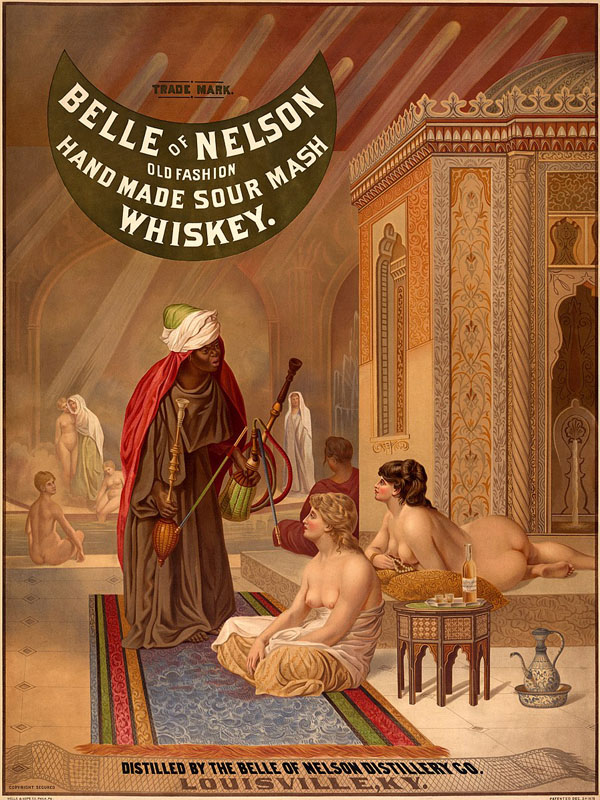
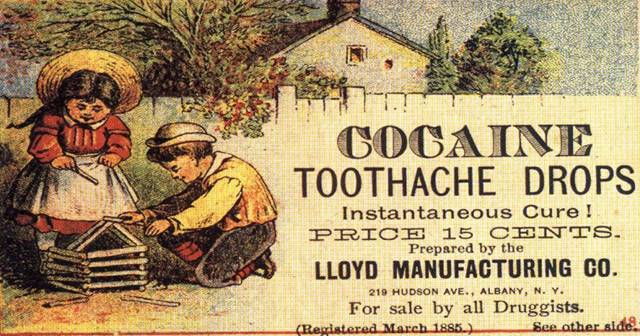
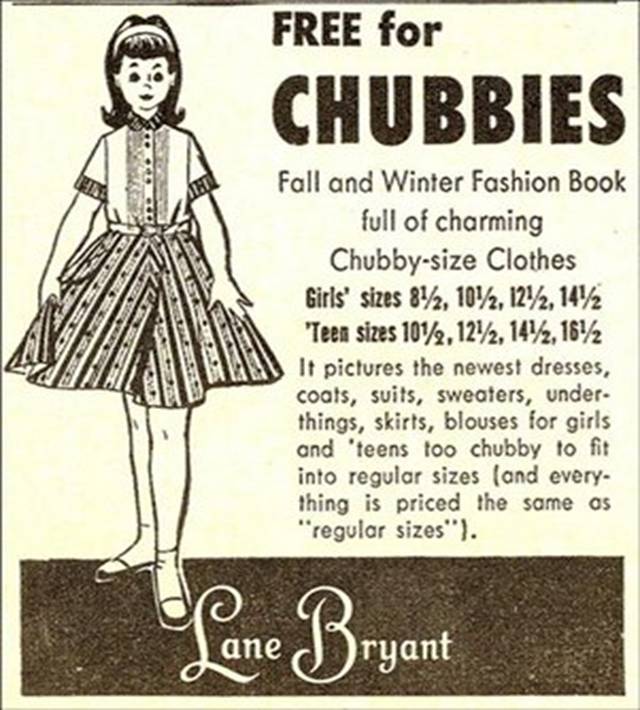
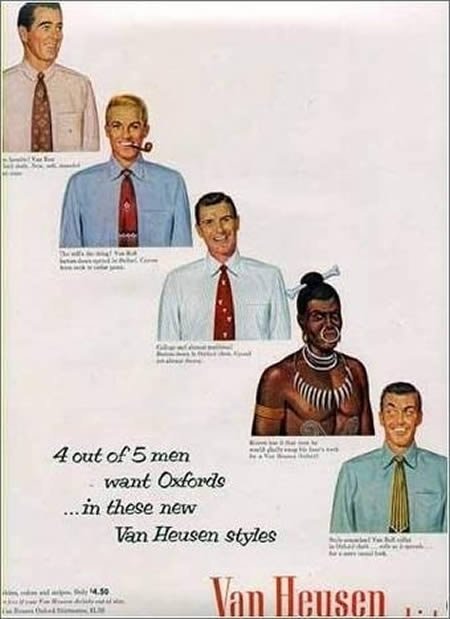
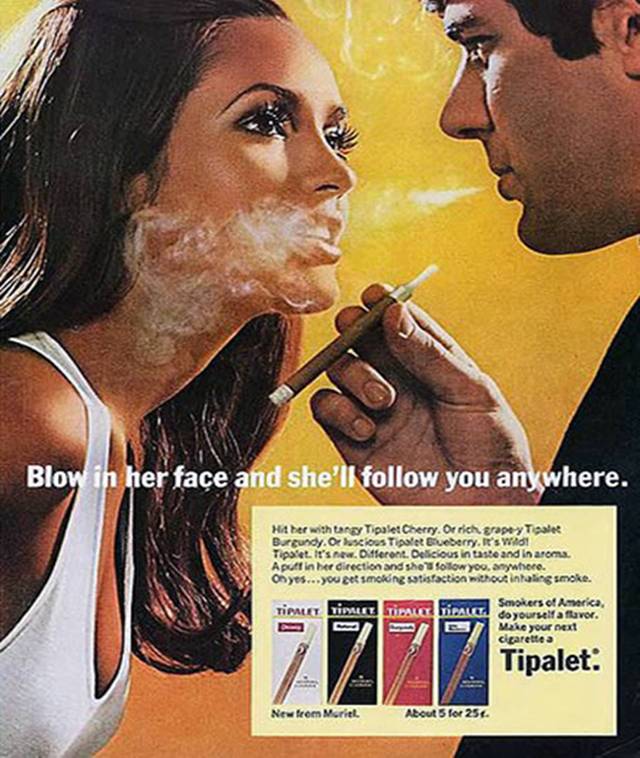
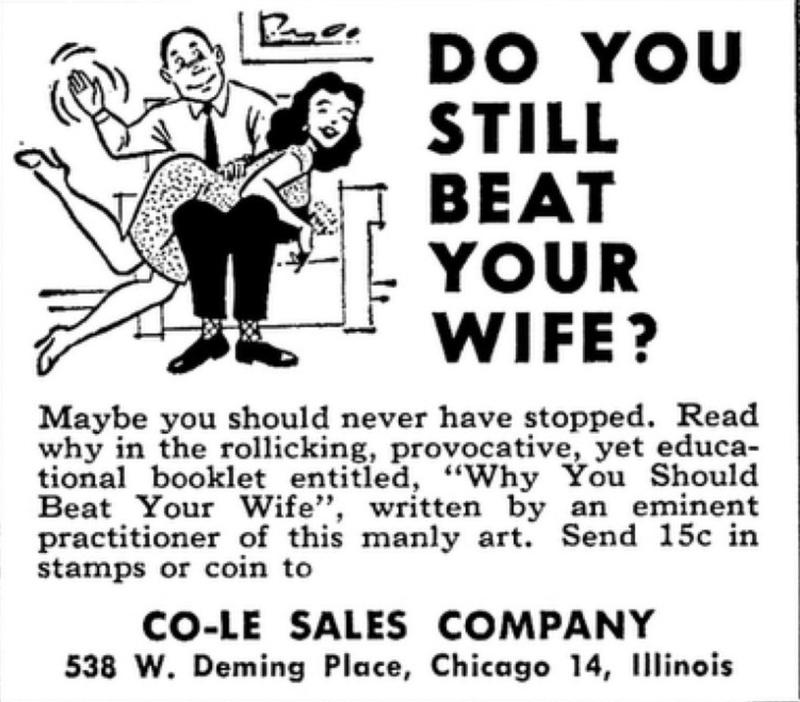
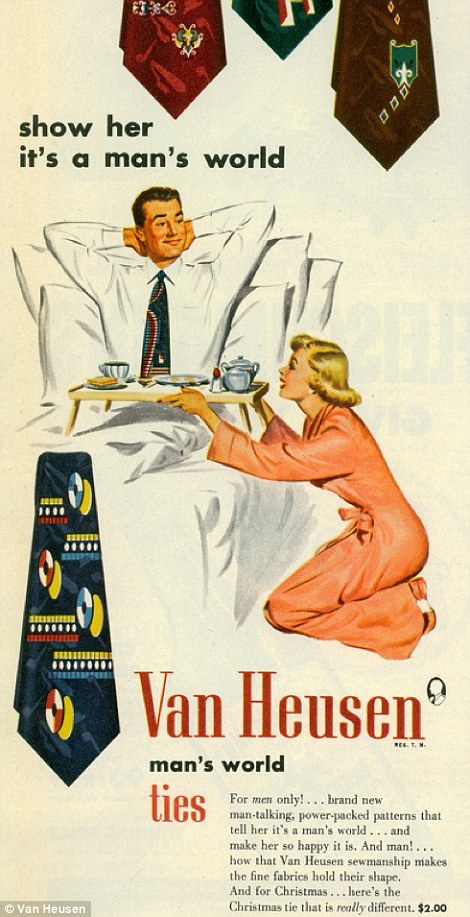

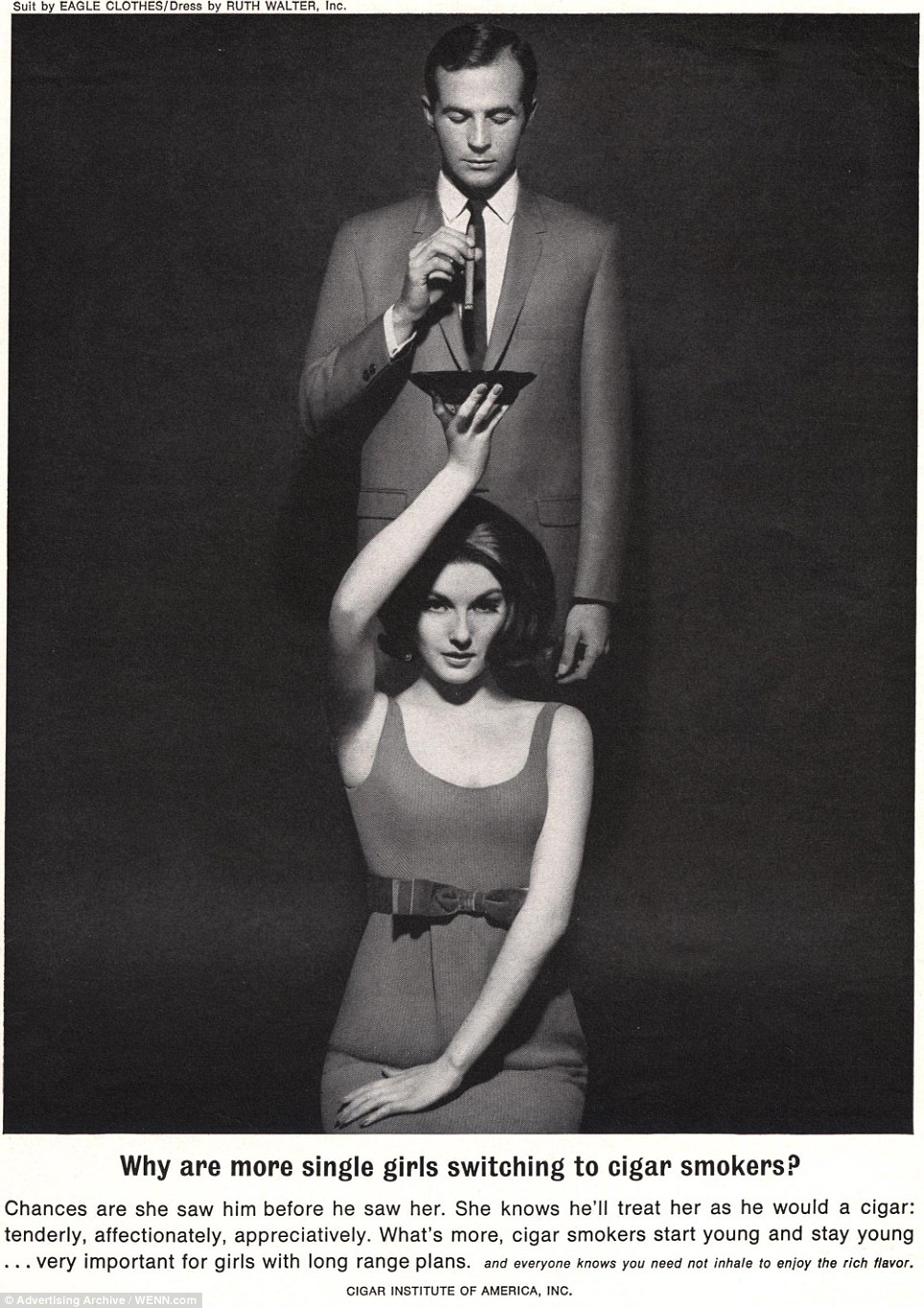
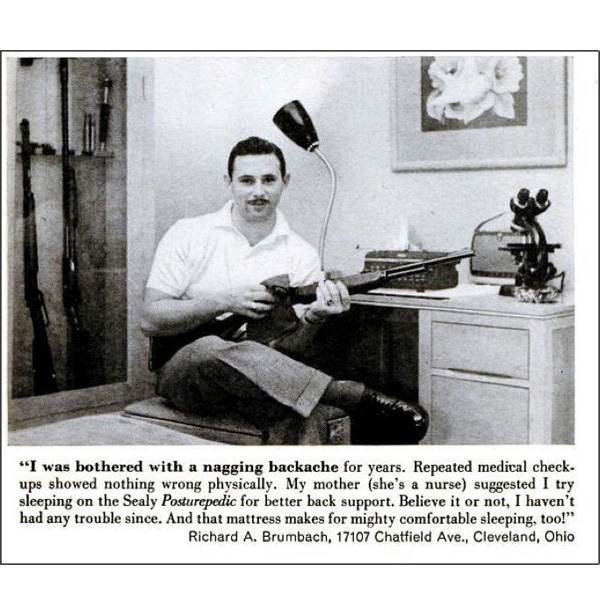

Let’s not talk about the kiddies:
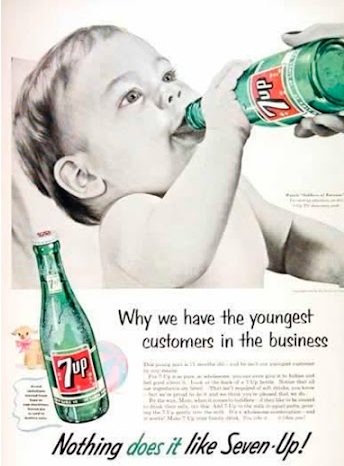
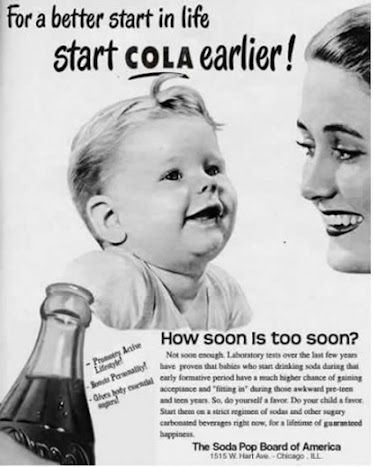
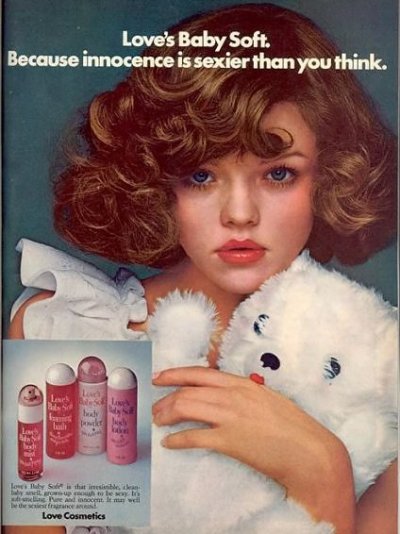
Not just ads, either:
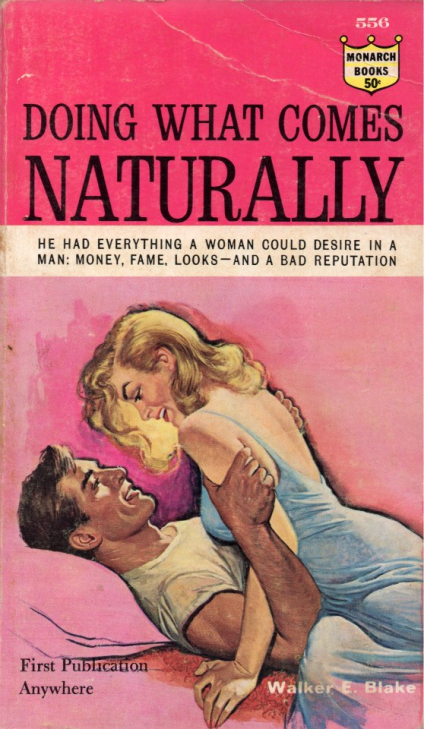
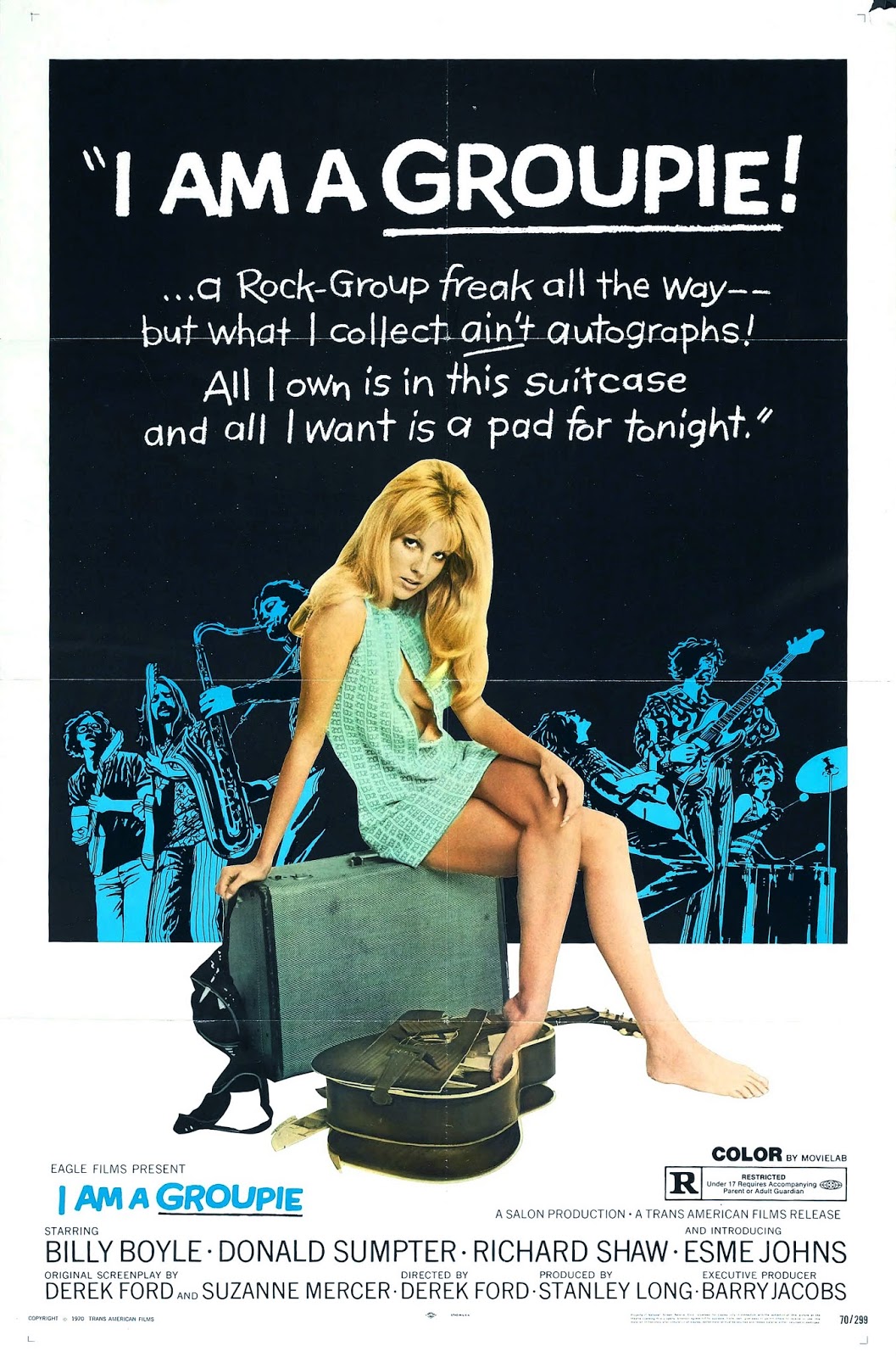

…and even comics did the tongue-in-cheek thing:
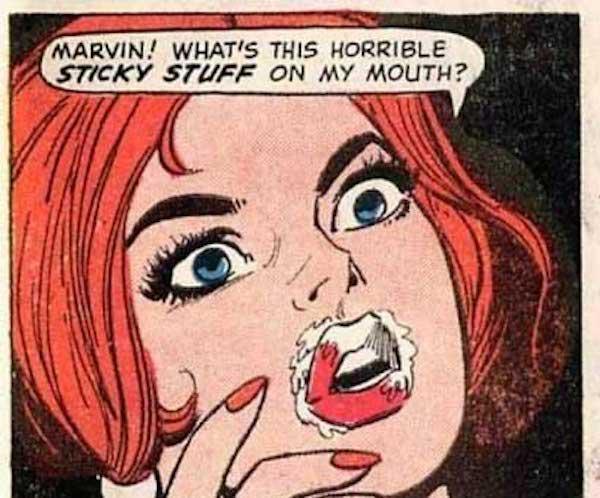
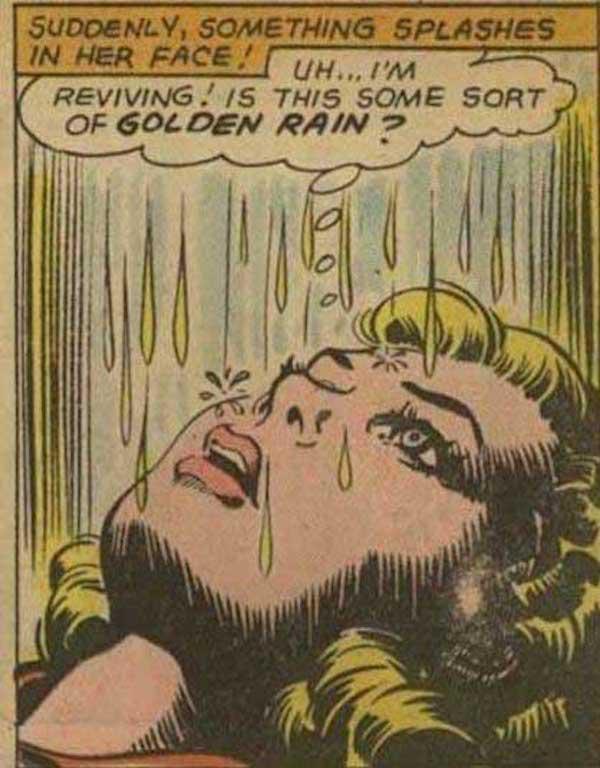
And let’s hear it for product packaging and promises:


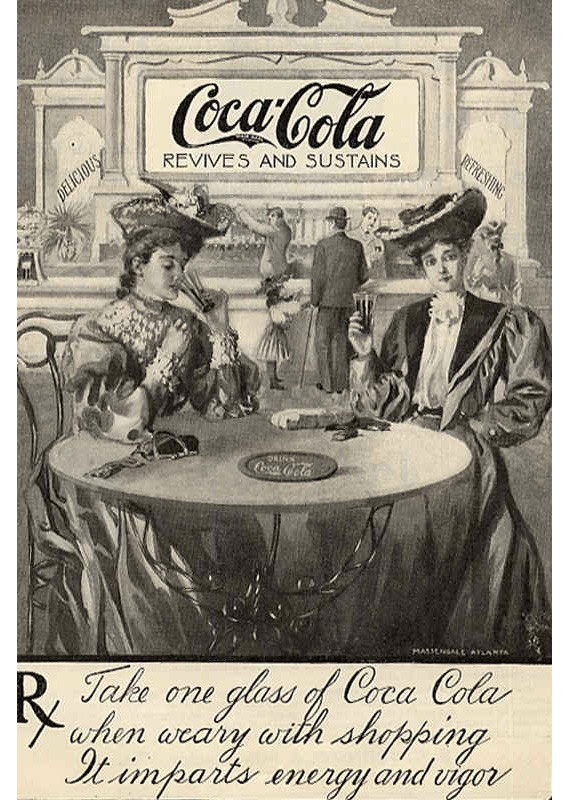
…and for energy and pick-me-ups:

And given that we’re celebrating Love-A-Homo/Trannie/Whatever Month, here’s my all-time favorite:
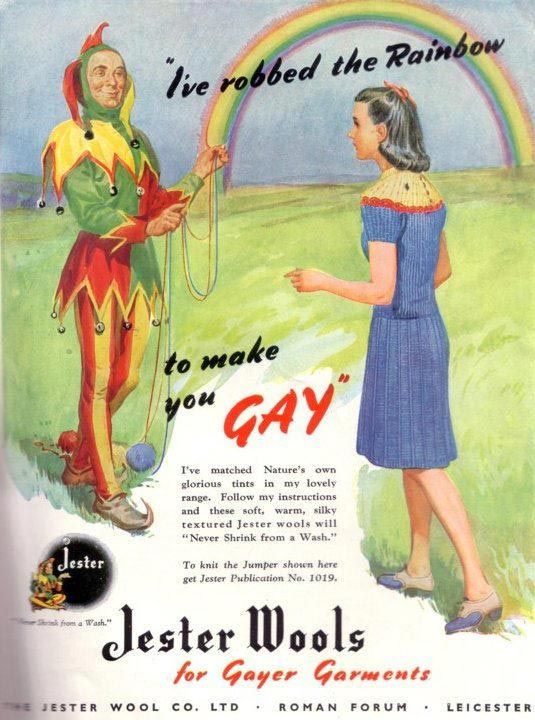
But let me not get nasty. One more good ‘un:
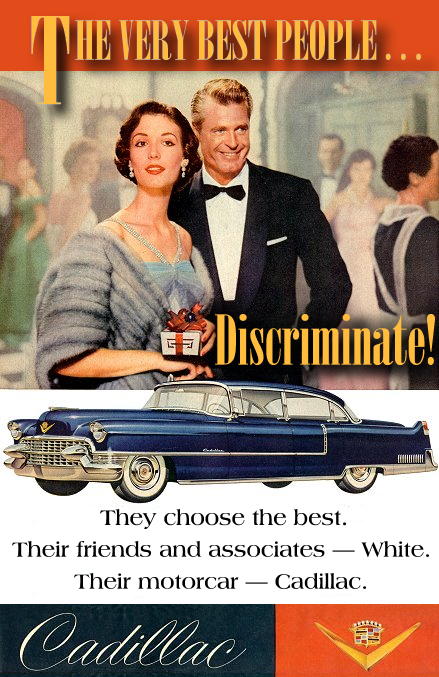
Like the title suggests: the good old days. I miss ’em. [eyecross]
Others may differ. I, however, have a sense of humor about this kind of thing.
